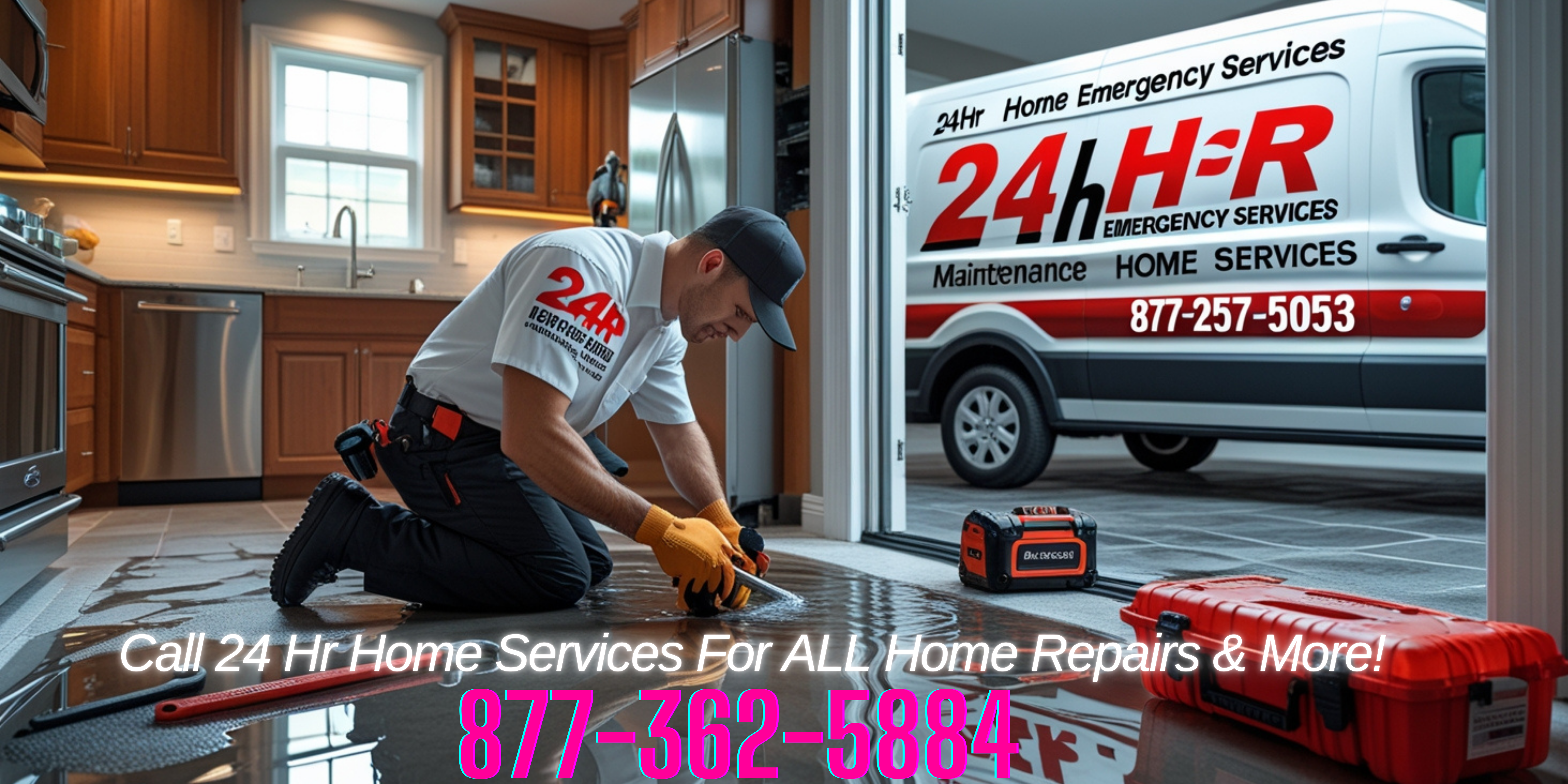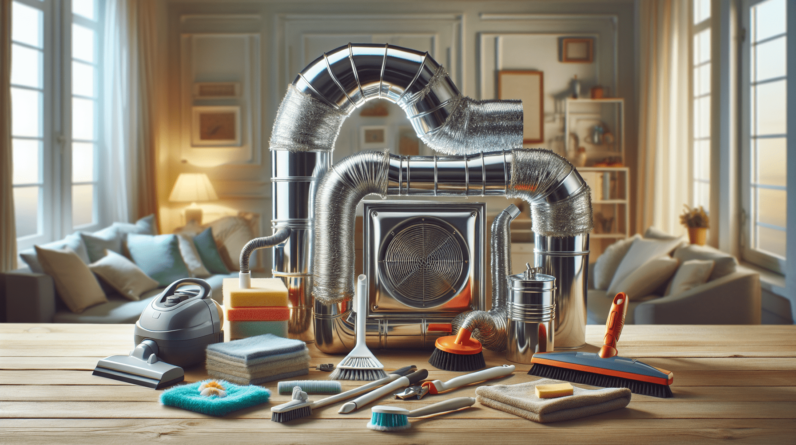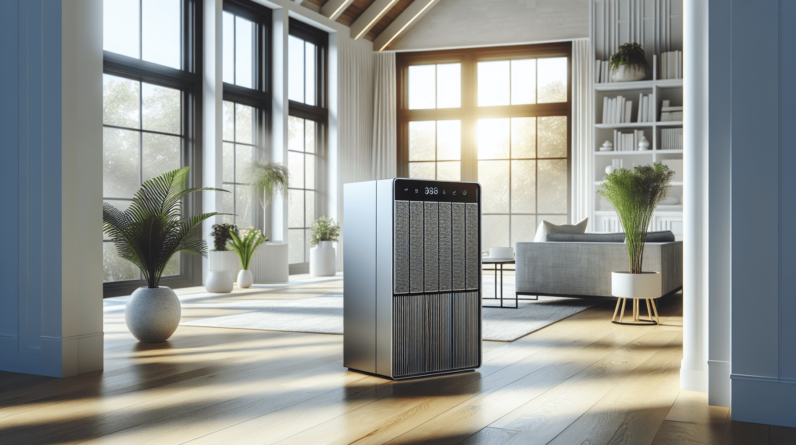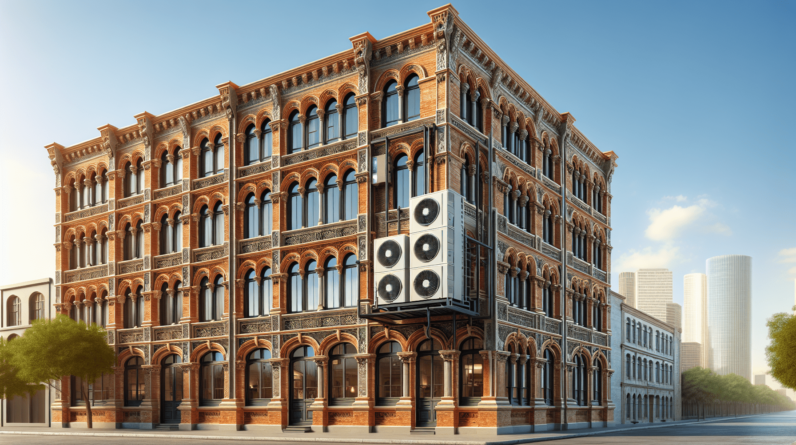Have you ever wondered how to keep your home comfortable while managing your energy bills? Improving HVAC airflow, especially in older homes, can lead to significant benefits. You’ll discover practical tips and strategies that can help you achieve a better airflow, enhancing comfort and efficiency without extensive renovations.
Understanding HVAC Systems in Older Homes
HVAC systems play a crucial role in maintaining indoor comfort levels. In older homes, these systems often face unique challenges due to age, layout, and construction methods. Understanding how these systems work will help you address issues related to airflow.
The Basics of HVAC
An HVAC system consists of heating, ventilation, and air conditioning components. Each part works together to regulate the temperature and air quality in your home. In older homes, these systems may not have been designed with modern standards in mind, which can lead to airflow problems.
Common Airflow Issues in Older Homes
Older homes often feature duct systems that may be inefficient, poorly insulated, or obstructed. Issues such as leaks in the ductwork, outdated equipment, or even the layout of the home can hinder airflow. Identifying these challenges is the first step toward improving comfort.
Assessing Your Current HVAC System
Before making changes, it’s essential to evaluate your existing HVAC system. This assessment will guide your next steps towards optimizing airflow.
Inspecting Ductwork
Begin by inspecting your ductwork for any visible signs of damage, debris, or blockages. Leaks or gaps can significantly reduce the efficiency of your HVAC system. You can use a flashlight or a mirror to get a closer look at hard-to-reach areas.
Evaluating the HVAC Unit
Check your HVAC unit for any signs of wear or inefficiencies. An undersized or aging system may struggle to maintain proper airflow. If your equipment is over a decade old, you might consider upgrading to a more efficient model.
Enhancing Airflow with Proper Maintenance
Regular maintenance is vital for ensuring optimal airflow in your HVAC system. Adopting a consistent maintenance routine can significantly improve performance.
Change or Clean Filters Regularly
Air filters play a crucial role in maintaining good airflow by trapping dust and debris. It’s recommended to check your filters monthly and replace or clean them every three months. This small act can lead to significant improvements in airflow and indoor air quality.
Clear Vents and Registers
Ensure that all vents and registers are unobstructed. Furniture, drapes, or decorations placed in front of vents can restrict airflow. Take a moment to rearrange items that may be blocking air circulation.
Insulating Ducts and Sealing Air Leaks
Improving insulation and sealing air leaks can dramatically enhance the efficiency of your HVAC system, particularly in older homes.
Insulating Ductwork
If your ductwork runs through unconditioned spaces like attics or basements, consider insulating the ducts. Insulation reduces heat loss or gain as air travels through the ducts, maintaining the intended temperature when air reaches your living spaces.
Sealing Duct Leaks
Duct leakage can account for up to 30% of the energy used for heating and cooling your home. Sealing leaks with mastic sealant or metal tape will ensure that the air your HVAC system produces reaches its intended destination rather than escaping into walls or ceilings.
Utilizing Ceiling Fans and Ventilation
Incorporating ceiling fans and efficient ventilation can enhance airflow throughout your home, making it feel more comfortable.
Ceiling Fans for Air Circulation
Using ceiling fans can help circulate air throughout your home, making it feel cooler in the summer and distributing warmth in the winter. It’s beneficial to run ceiling fans in a counterclockwise direction during the summer months for a cooling breeze.
Balanced Ventilation Systems
Consider installing a balanced ventilation system that introduces fresh outdoor air while removing stale indoor air. This can help maintain good indoor air quality while also improving airflow.
Adjusting Your Thermostat Settings
Your thermostat settings significantly affect HVAC airflow and energy efficiency.
Programmable Thermostats
Installing a programmable thermostat can help manage the temperature in your home efficiently. You can set schedules for heating and cooling that align with your lifestyle, ensuring comfort while saving energy.
Setting Proper Temperature Reminders
It can be helpful to set reminders to adjust your thermostat based on the season. Keeping your settings within a reasonable range prevents your HVAC system from working overtime, which can lead to reduced airflow over time.
A Focus on Home Design and Layout
The design and layout of your home can influence HVAC airflow. Understanding how to work with your space can yield positive changes.
Open Floor Plans
If you have the option, consider shifting to an open floor plan, which can enhance airflow by allowing air to move freely between rooms. If this isn’t feasible, ensure doors are kept open to facilitate better circulation.
Strategic Vent Placement
In rooms that receive little airflow, consider adding additional vents or adjusting the sizing of existing ones. Larger rooms may require more robust heating and cooling solutions, including additional vents to ensure even airflow.
When to Consider Professional Help
Improving HVAC airflow can often be a DIY project, but there are situations where professional input is invaluable.
Hiring an HVAC Specialist
Sometimes, issues within your HVAC system may require professional assessment. An HVAC specialist can provide in-depth inspections, recommend necessary repairs or upgrades, and ensure that everything is working as efficiently as possible.
Energy Audits
Consider scheduling an energy audit of your home. This comprehensive evaluation will identify problem areas, recommend improvements, and may even help you qualify for energy efficiency rebates or incentives.
The Importance of Indoor Air Quality
While focusing on airflow, don’t overlook the importance of maintaining good indoor air quality. Clean air is essential for a healthy home.
Air Purifiers and Humidifiers
Using air purifiers can help eliminate allergens and pollutants, contributing to better air quality. Similarly, incorporating humidifiers during dry seasons can prevent discomfort and improve breathing conditions.
Regular House Cleaning
Regularly dusting, vacuuming, and cleaning surfaces helps reduce airborne particles that can impact airflow and air quality. Establish a cleaning routine to keep your environment fresh.
Future Improvements for Newer Energy Efficiency
As you strive to enhance HVAC airflow, consider future technologies and improvements that may benefit older homes.
Smart Home Technologies
Investing in smart home technologies can optimize your HVAC system’s efficiency. These systems adjust based on occupancy, making real-time decisions that improve energy usage while maintaining comfort.
Upgrading to Energy-Efficient HVAC Systems
Should your current system require replacement, consider upgrading to energy-efficient models designed to provide better airflow and reduced energy consumption. Look for systems with Energy Star ratings or advanced features like variable-speed motors.
Conclusion: Embrace Comfort and Efficiency in Your Home
Improving HVAC airflow in older homes doesn’t have to be overwhelming. By understanding the unique challenges these homes face and implementing practical solutions, you can create a more comfortable living space and enjoy the benefits of improved energy efficiency. Take it step-by-step, making small adjustments and considering larger improvements as necessary. Your home deserves to feel inviting, and these changes can make a notable difference in your comfort and overall experience.
Achieving optimal HVAC airflow is not just a task; it is an investment in your comfort and well-being. By applying the strategies mentioned in this article, you’ll create a living space that feels fresh and inviting, all while staying mindful of your energy consumption and costs.








